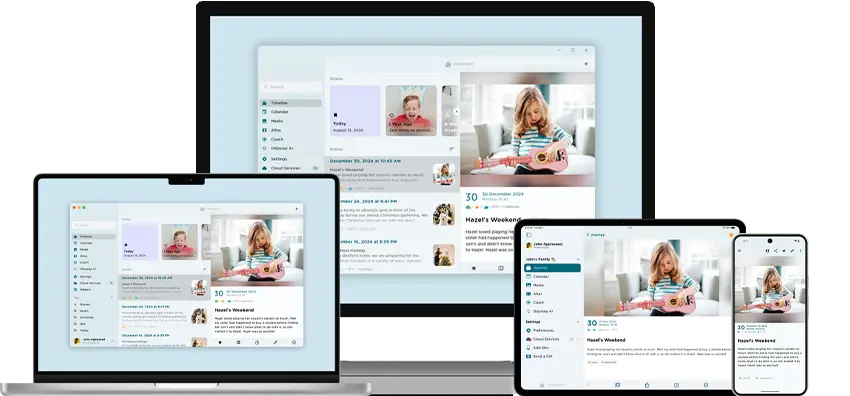"The 7 Habits of Highly Effective People" by Stephen Covey
Stephen Covey outlines 7 habits for people to adopt to become the most effective versions of themselves in his bestselling book "The 7 Habits of Highly Effective People". Read on to find out more about how you can develop these very habits to balance in your personal and professional effectiveness.
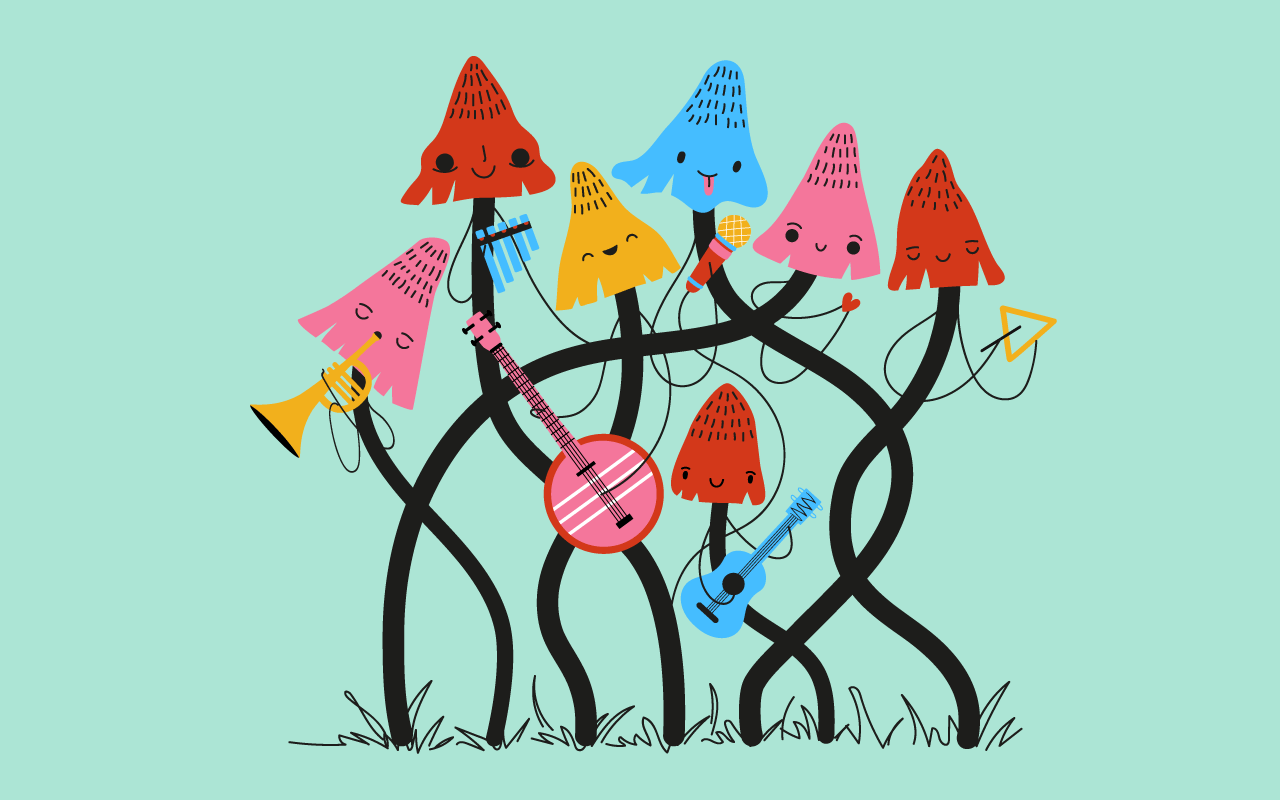
Stephen R. Covey’s book, The 7 Habits of Highly Effective People, has been a bestseller for the simple reason that it ignores trends and pop psychology and focuses on timeless principles of fairness, integrity, honesty, and human dignity.
For his book, Covey researched the last 200 years of success literature, and found that the last 50 years of success literature and analysis have been heavily focused on personality ethics. This includes defining the foundation of success to de dependent on things managing one's public image, defining guideline about how you should perform in social interactions, hoe one can go about developing a positive mental attitude, and picking up skills and techniques to get people how to get people to behave certain ways.
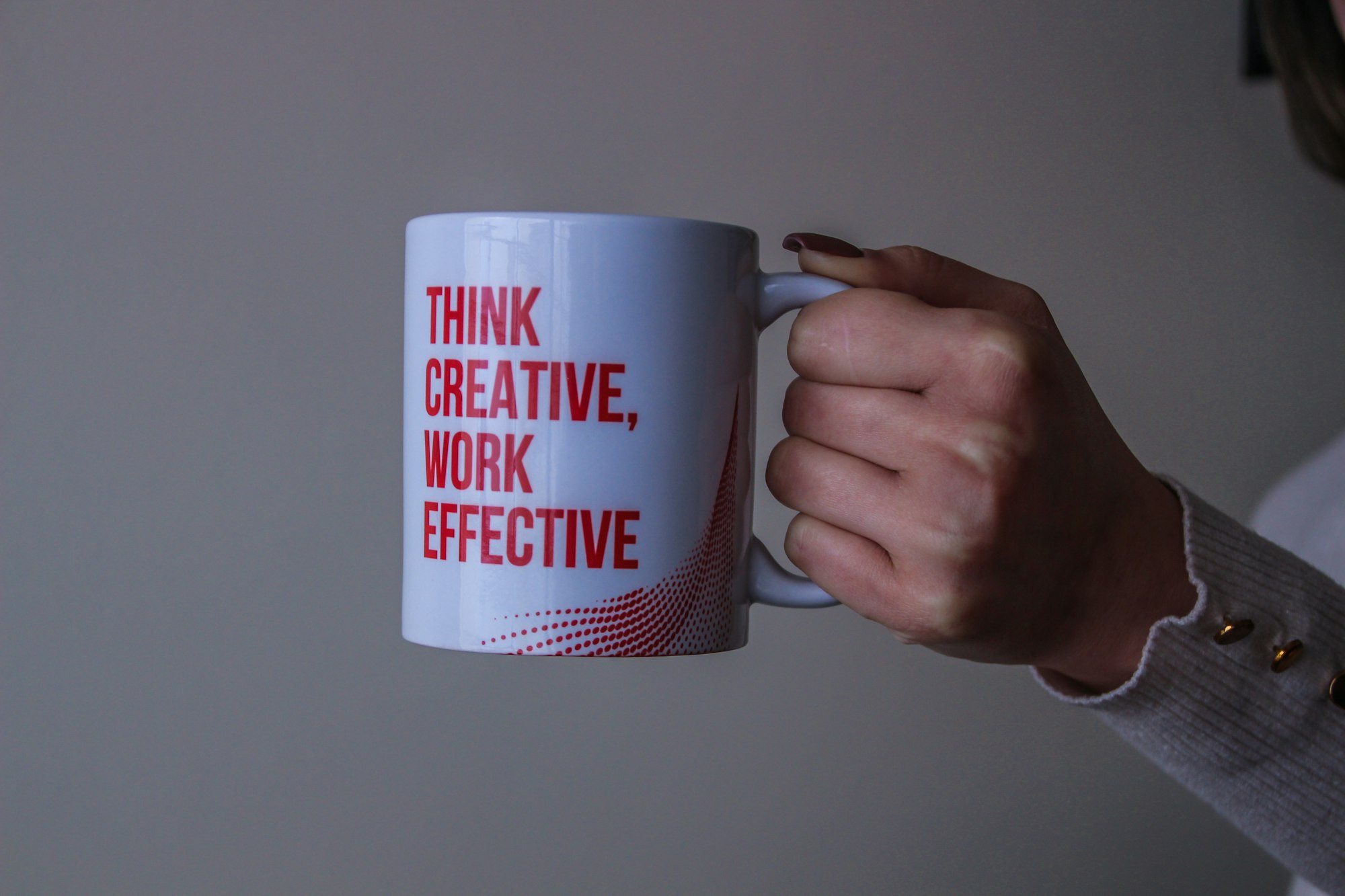
Most of the books that have been released about achieving success have focused on how to appear rather than how to actually be. Covey's 7 habits, on the contrary, takes an inside-out approach and focuses on the character ethic rather than the personality ethic.
In Covey's words, "Almost all the literature in the first 150 years or so. Things like integrity, humility, temperance, courage, justice, patience, simplicity, and modesty. The character ethic taught there are basic principles of effective living and that people could only experience true success and endearing happiness as they learn and integrate these principles into their basic character."
Greatness, according to Covey, starts from the inside out. Personality ethic still holds some ground, but character ethic is the foundation. Some people apply these personality ethics to use people to meet their own personal goals and agendas. But you cannot fake character ethic. Personality ethic needs to be rooted in character, if not people will see through the front that you might be putting up.
The 7 Habits of Highly Effective People
In order to build formidable character ethic, you need to be proactive and develop habits that would make you effective. According to Covey, if you apply the following habits, you will achieve your goals and develop good relationships. The 7 Habits of Highly Effective People are as follows:
Habit 1: Be Proactive.
Being proactive is about focusing and acting on what you can control and influence instead of what you can’t.
According to Covey, there are two ways people function; with the "circle of concern" or with the "circle of influence". The "circle of concern" consists of all the things that are out of your control, such as the weather, politics, other people's mistakes, what other people think of you, and their opinions. The "circle of influence" consists of the things you can control such as your attitude, what you read, the skills you learn, your enthusiasm, how you spend your free time, who you spend it with, and your habits and hobbies.
You can either be reactive or a proactive person. Reactive people allow their environment and outside forces affect their performance and their mood. They don't take action of ownership of things you can control. Proactive people on the other hand, understand that that their decisions determine their lives, not their conditions. They also take action to improve things they can control. They understand that they do not have complete control over their circumstances sometimes, but they certainly can determine how they respond to a situation.
Proactive people focus their efforts on their "circle of influence". They work on the things they can do something about: health, children, or problems at work. Reactive people focus their efforts in the "circle of concern"; things over which they have little or no control. The effort-minimizing brain might pick the former as default, and that's why most people pick things they can control. Gaining an awareness of the areas in which we expend our energies is a giant step in becoming proactive.
Habit 2: Begin With the End in Mind.
This habit by Covey is based on imagination, or the ability to envision in your mind what you cannot at present see with your eyes. It is based on the principle that all things are created twice. There is a mental (first) creation, and a physical (second) creation. The physical creation follows the mental, just as a building follows a blueprint.

If you don’t make a conscious effort to visualize who you are and what you want in life, then you empower other people and circumstances to shape you and your life by default. It’s about connecting again with your uniqueness and then defining the personal, moral, and ethical guidelines within which you can most happily express and fulfill yourself. You need to be able to define clear measures of success and a plan to achieve them.
Habit 3: Put First Things First.
This habit where Habits 1 and 2 come together. It is about prioritizing and achieving your most important goals instead of constantly reacting to urgencies. It happens day in and day out, moment by moment. It deals with many of the questions addressed around time management.
But that’s not all; habit 3 is about life management as well—your purpose, values, roles, and priorities. What are “first things?” First things are those things you find of most worth. If you put first things first, you are organizing and managing time and events according to the personal priorities you established in Habit 2.
If you're looking for a way to start identifying your habits and be able to break them down to pinpoint what you can work towards changing, Journey presents the perfect platform for you to do so.
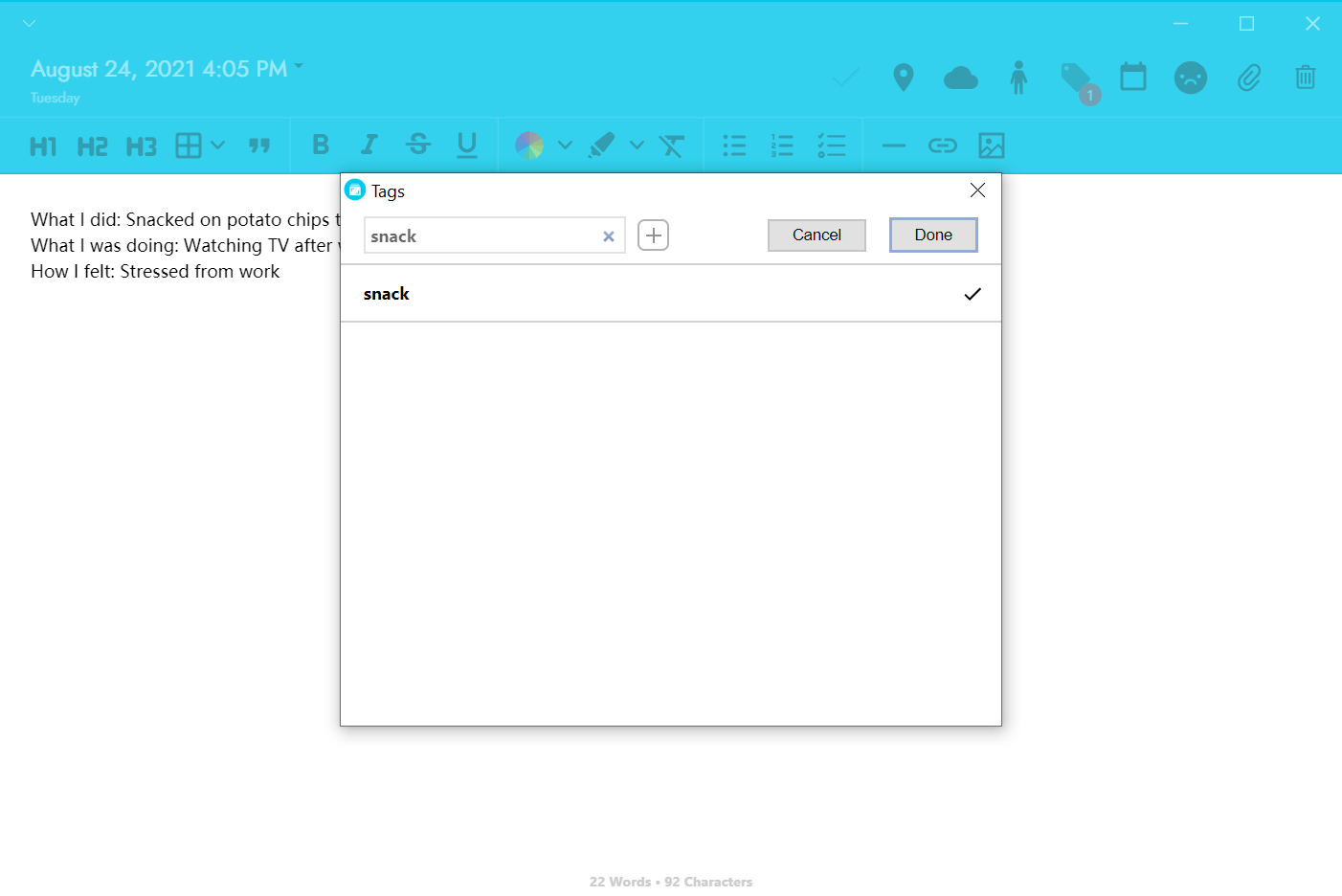
Journey is a digital diary app that can guide you on your mindfulness journey. Equipped with tools such as daily reminders, mood trackers, weekly planners, coach programs, to-do lists, a habit trackers, custom tags and more, the platform can be your tool to look into your habits and help you harness the power of understanding, creating and developing positive habits.
Habit 4: Think Win-Win.
This habit encourages the mindset that everyone can win. To experience success, we should collaborate more effectively and build high-trust relationships.
Most of us learn to base our self-worth on comparisons and competition. We think about succeeding in terms of someone else failing—if I win, you lose; or if you win, I lose. Life becomes a zero-sum game.
Win-win is a frame of mind and heart that constantly seeks mutual benefit in relationships. It means agreements or solutions are mutually beneficial and satisfying to both or all parties. You not only have to be empathic, but you also have to be confident. You not only have to be considerate and sensitive, but you also have to be brave. That balance between courage and consideration is the essence of real maturity and is fundamental to win-win and to truly experience success.

Develop the habit of thinking win-win. Sharing good ideas and things that would impact your community well and sharing and working with people who are on a success path is better in the bigger picture. For you to win, another person does not have to lose!
Habit 5: Seek First to Understand, Then to Be Understood.
This habit can be understood simply as, learning to listening before you talk. Instead of seeking to get other people to see things from your point of view, influence others by developing a deep understanding of their needs and perspectives first.
Photo by Iwaria Inc. / Unsplash
But if you’re like most people, you probably seek first to be understood; you want to get your point across. In doing so, you may ignore the other person completely, pretend that you’re listening, selectively hear only certain parts of the conversation or attentively focus on only the words being said, but miss the meaning entirely. Most people listen with the intent to reply, not to understand. Consequently, you decide prematurely what the other person means before they finish communicating.
If you want to improve your interpersonal relations, Covey argues that you must seek to understand a situation before attempting to make yourself understood. The ability to communicate clearly is essential for your overall effectiveness, as it’s the most important skill you can train. While you spend years learning to read, write, and speak, Covey states that little focus is given to training the skill of listening. If your principles are solid, you’ll naturally want to engage and listen to people without making them feel manipulated. Consequently, it’s through your character that you transmit and communicate what type of a person you are. Through it, people will come to instinctively trust and open up to you. While most people listen with the intent of replying, the proficient listener will listen with the intent to understand.
Habit 6: Synergize.
Together is better. This habit by Covey encouraged people to develop innovative solutions that leverage differences and satisfy all parties.
To put it simply, synergy is the habit of creative cooperation. It is teamwork, open-mindedness, and the adventure of finding new solutions to old problems. But it doesn’t happen on its own. It’s a process, and through that process, people bring all their personal experience and expertise to the table. Together, people can produce far better results than they could individually. Synergy lets us discover jointly things we are much less likely to discover by ourselves. It is the idea that the whole is greater than the sum of the parts.
Photo by SUNBEAM PHOTOGRAPHY / Unsplash
When synergy is operating at its fullest, it incorporates the desire to reach win/win agreements with empathic communication. Covey argues that such instances of synergetic interpersonal group collaboration are often neglected but should be part of your daily life. At its core, synergy is a creative process that requires vulnerability, openness, and communication. It means balancing the mental, emotional, and psychological differences between a group of people. This is where creativity is maximized.
Valuing differences is what really drives synergy and creation. Do you truly value the mental, emotional, and psychological differences among people? Many people mistake uniformity for unity and sameness for oneness. And this is a mindset that Covey suggests that would hinder efficiency and success.
Habit 7: "Sharpen the Saw."
Balance is the best, according to Covey. When you "sharpen the saw", you increase motivation, energy, and work-life balance by making time for renewing activities.
This refers to you preserving and enhancing the greatest asset you have—you. It means making space for balanced self-renewal in the four areas of your life: physical, social/emotional, mental, and spiritual.
Photo by Henry & Co. / Unsplash
As you renew yourself in each of the four areas, you create growth and change in your life. It keeps you fresh so you can continue to practice the other six habits. You increase your capacity to produce and handle the challenges around you.
You can pamper yourself mentally and spiritually. Or you can go through life oblivious to your well-being. You can experience vibrant energy. Or you can procrastinate and miss out on the benefits of good health and exercise. You can revitalize yourself and face a new day in peace and harmony. Every day provides a new opportunity for renewal; a new opportunity to recharge yourself instead of hitting the wall. All it takes is the drive to be better.
All these habits, and the character ethic principle that Covey talks about in his book explores the principles of effective self-leadership, influence, collaboration, and improvement. If you're looking to alter your mindset and channel your time and effort into becoming as efficient and as effective as possible, considering using the help of Journey's 7 Habits of Highly Effective People template.
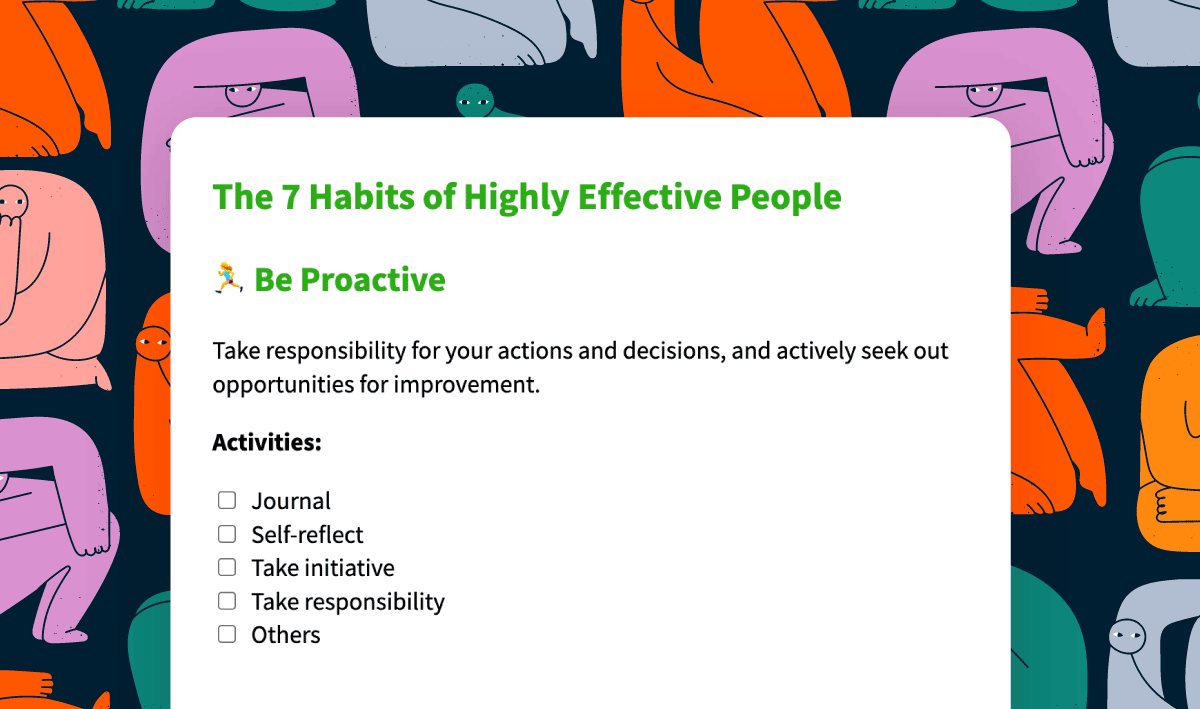
According to Covey, the main ideas he has outlined, and the 7 habits he suggests for people to adopt for effectiveness points to the idea that's success encompasses a balance of personal and professional effectiveness. Before you can adopt the seven habits, you need to change your perception and interpretation of how the world works. Between what happens to you and your response to it is your freedom to choose that response.
Include these 7 habits into your lifestyle with develop a mindset that allows you to start these healthy habits by journaling, identifying your "circles", finding opportunities to take initiative, and manage your time better with the check boxes in this template. You can take charge of your time and energy, and channel them towards effectiveness today.
Aim to adjust your character so you see the world in a positive paradigm, and your path will be made clearer.
All the best!





